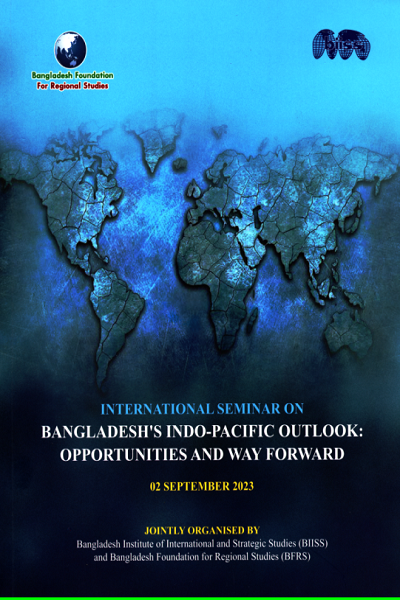Rules, Connectivity and Cooperation

These proceedings bring together jurists, humanitarians, and policy practitioners to examine routes to justice and protection for Rohingya communities. The conversation mapped legal avenues—International Court of Justice, International Criminal Court, and universal jurisdiction—clarifying thresholds, evidentiary requirements, and the complementarities between forums. In parallel, it detailed field-level protection needs in Bangladesh: documentation, GBV services, education, and livelihood opportunities that uphold dignity and reduce harmful coping strategies. The R2P dimension was explored with care, focusing on prevention, international assistance, and capacity building rather than coercive measures. The panel warned against advocacy fatigue and encouraged sustained, principled diplomacy with regional organizations and key states. It concluded that accountability processes and humanitarian programming are not substitutes but mutually reinforcing pillars that, together with conditions-based repatriation benchmarks, can move the situation toward durable solutions.